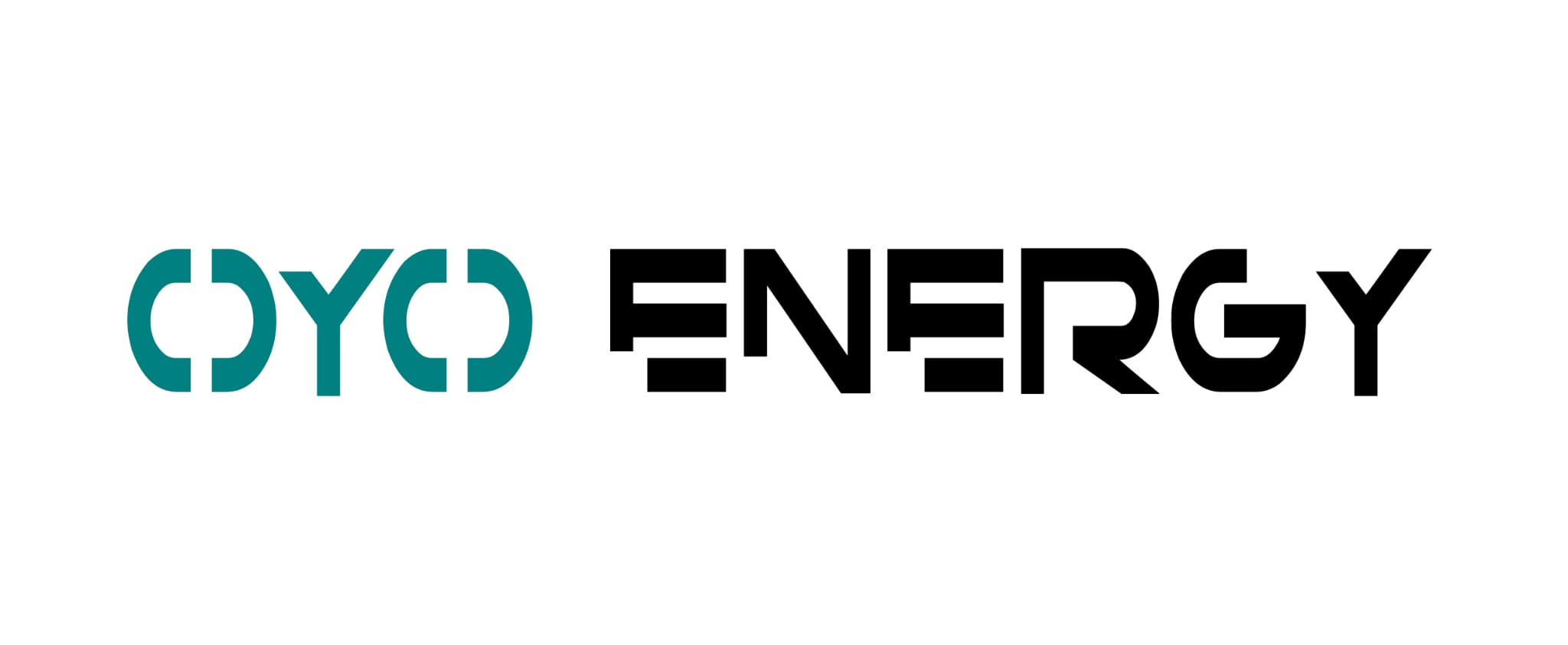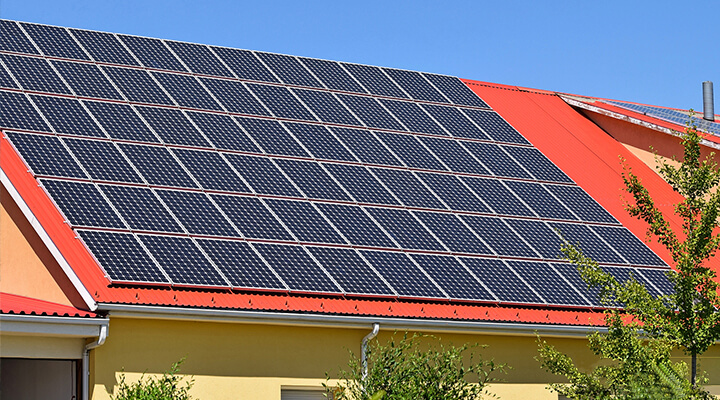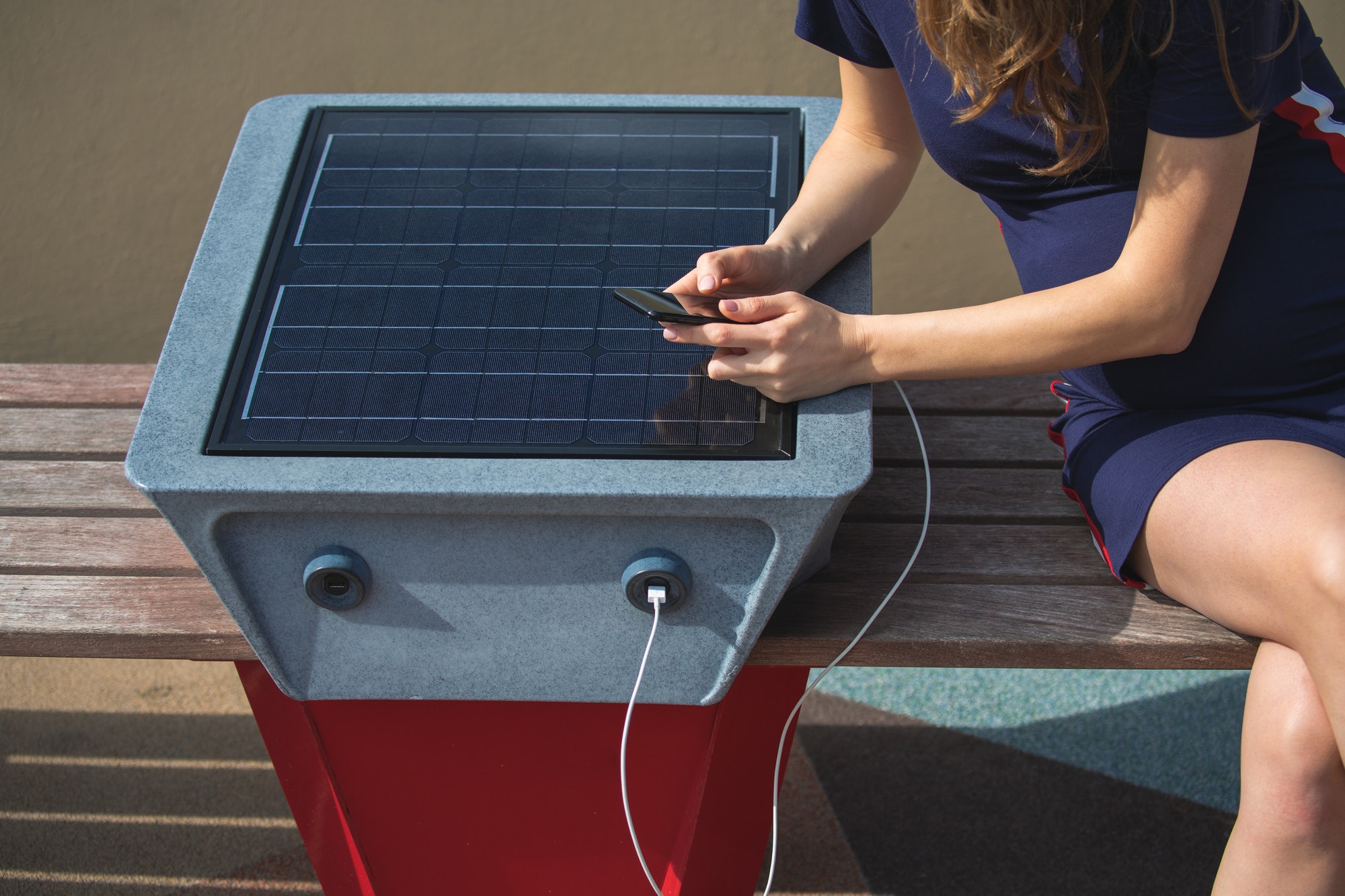Harnessing the Abundance of Solar Power: The Most Abundant Energy Source on Earth
Solar power is the most abundant energy source on earth, and its potential as a source of renewable energy is vast. As the world’s population grows and the demand for energy increases, the need for sustainable energy sources is greater than ever. Solar power offers an attractive option for meeting this growing demand. It’s clean, renewable, and inexhaustible.
Introduction to Solar Power
Solar power is energy that is harnessed from the sun’s radiation. This energy is converted into electricity or heat through the use of photovoltaic cells or other solar technologies. Solar energy is an abundant and renewable resource that has the potential to meet a significant portion of the world’s energy needs.
Solar energy can be harnessed in two ways. The first is through the direct conversion of sunlight into electricity using photovoltaic (PV) cells. The second method is through the indirect conversion of sunlight into heat. This heat can then be used to generate electricity or heat water or other fluids.
Advantages of Solar Power
The advantages of solar power are numerous. First, it is a clean and renewable source of energy. Solar energy does not produce air or water pollution, and it does not deplete natural resources. Additionally, solar power is inexhaustible and can be used anywhere on the planet.
Solar power is also cost-effective. Although the initial cost of installing solar panels can be high, the cost of generating electricity from solar energy is significantly lower than that of traditional sources of energy. Solar energy also requires little maintenance, making it a reliable source of electricity for many years to come.
Solar power is also versatile. It can be used to power a variety of devices and applications, from small household appliances to large-scale industrial operations. Solar energy can also be used to generate electricity or heat in remote or off-grid locations, where access to other sources of energy is limited.
Finally, solar energy is abundant. The sun provides enough energy in one hour to power the entire world for a year. This means that solar power has the potential to meet a large portion of the world’s energy needs.
Disadvantages of Solar Power
Despite its many advantages, solar power does have some drawbacks. The most significant disadvantage is that solar energy is dependent on the availability of sunlight. This means that solar power is not available at night or during cloudy weather. Having said that, it can generate a limited amount of energy under these conditions. Additionally, solar energy systems require a significant amount of space, which can be a limiting factor in certain areas.
Another disadvantage of solar power is that it is relatively expensive. The initial cost of installing a solar energy system can be quite high, although the cost of generating electricity from solar energy is significantly lower than that of traditional sources of energy. Additionally, solar energy systems require regular maintenance and can be damaged by extreme weather events.
Finally, solar energy systems can be difficult to install and require specialised knowledge and skills. This can be a barrier to the widespread adoption of solar energy.
Types of Solar Technology
There are a variety of solar technologies available for harnessing solar energy. The most common type of solar technology is photovoltaic (PV) cells. PV cells are made of semiconductor materials that convert sunlight into electricity. This electricity can then be used to power homes and businesses.
Concentrated solar power (CSP) is another type of solar technology. CSP systems use mirrors to concentrate the sun’s energy to generate heat, which is then used to generate electricity. CSP systems are typically used for large-scale applications such as utility-scale power plants.
Finally, solar thermal systems use the sun’s energy to heat fluids, which can then be used to generate electricity or to provide hot water and space heating. Solar thermal systems are typically used for residential and commercial applications.
Solar Energy Systems
Solar energy systems are the components that are used to capture and convert solar energy into electricity or heat. The most common type of solar energy system is a photovoltaic (PV) system. A PV system consists of solar panels, which contain PV cells that convert sunlight into electricity, and an inverter, which converts the electricity into a usable form.
Other types of solar energy systems include concentrated solar power (CSP) systems, which use mirrors to concentrate the sun’s energy, and solar thermal systems, which use the sun’s energy to heat fluids.
The size and type of solar energy system will depend on the location and the specific application. For example, a residential PV system might be smaller than a utility-scale CSP system. The size of the system will also determine the cost and the amount of energy it can generate.
Solar Power and the Environment
Solar power offers numerous environmental benefits. It is a clean and renewable source of energy that does not produce air or water pollution. Furthermore, solar energy does not deplete natural resources or contribute to global warming.
The use of solar energy can also reduce the need for other forms of energy production, such as burning fossil fuels. This can reduce emissions of greenhouse gases and air pollutants, which can have a positive impact on the environment.
Lastly, solar energy can be used in remote or off-grid locations, which can reduce the need for long-distance transmission of electricity. This can reduce energy losses and help to conserve natural resources.
Solar Power in the Home
Solar power can be used to power a variety of devices and applications in the home. Solar photovoltaic (PV) systems are the most common type of solar energy system used in homes.
Solar PV systems can be used to power a variety of devices, from small household appliances to large-scale electrical systems. Solar PV systems can also be used to generate hot water and to provide space heating. In addition, solar PV systems can be used to generate electricity in remote or off-grid locations, where access to other sources of energy is limited.
The cost of installing a solar energy system in the home can be high, but the cost of generating electricity from solar energy is significantly lower than that of traditional sources of energy. Moreover, solar energy systems require little maintenance and can be used for many years without needing to be replaced.
Solar Power and Businesses
Solar power can also be used by businesses to generate electricity. Solar photovoltaic (PV) systems are the most common type of solar energy system used by businesses.
Businesses can use solar PV systems to power a variety of devices, from small appliances to large-scale electrical systems. Solar energy can also be used to generate hot water and to provide space heating.
Solar Power as an Investment
Solar power can be an attractive investment for homeowners and businesses. The cost of installing a solar energy system can be high, but this can result in significant cost savings over time.
Many governments offer financial incentives for installing solar energy systems. These incentives can offset some of the initial cost of installing a solar energy system and can make solar power a more attractive investment.
Lastly, solar power can be a good long-term investment. Solar energy systems require little maintenance and can be used for many years without needing to be replaced. This means that the initial cost of installing a solar energy system can be quickly recouped and can result in long-term savings.
Conclusion
Solar power is the most abundant energy source on earth, and its potential as a source of renewable energy is vast. Solar energy is clean, renewable, and inexhaustible, and can be used to power a variety of devices and applications. Solar energy is also cost-effective, versatile, and abundant, making it an attractive option for meeting the world’s growing energy needs.
Solar power does have some drawbacks, including the fact that it is dependent on the availability of sunlight and can be expensive to install. However, the many advantages of solar power make it an attractive option for homeowners, businesses, and investors.
If you’re looking for an affordable, reliable, and sustainable source of energy, solar power is the way to go. Invest in solar energy today and start harnessing the abundance of solar power!




